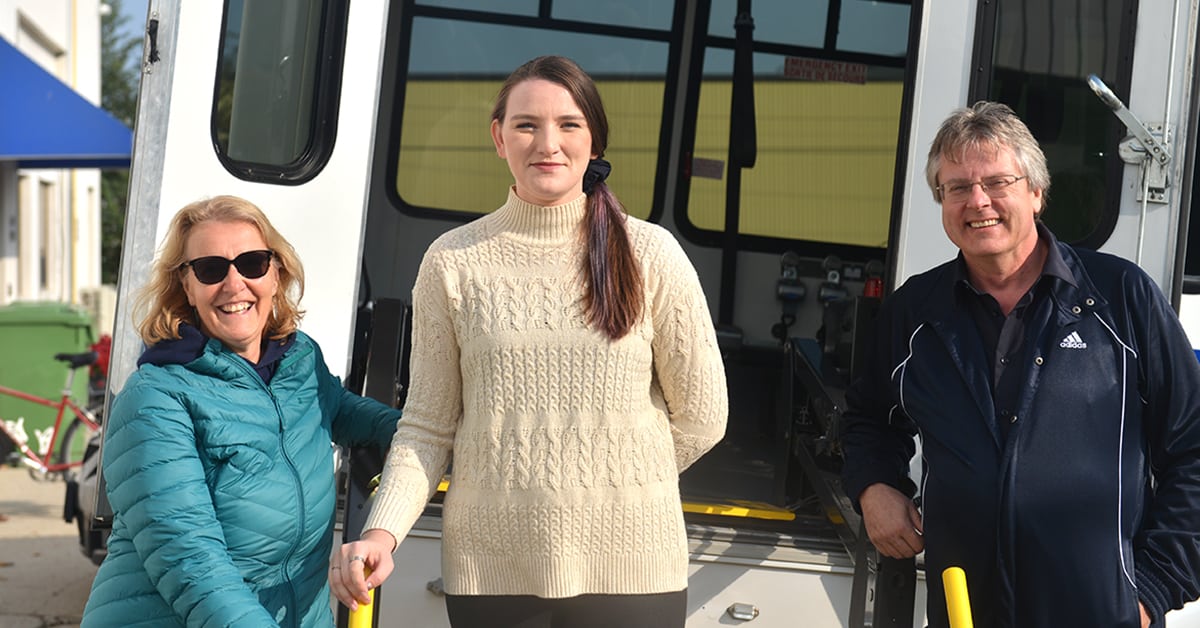The Moderna Spikevax bivalent vaccine has been available since mid-September. It is recommended as a booster dose for people 18 and up. Now, as of Monday (October 17), the Pfizer-BioNTech Comirnaty bivalent vaccine is available in Ontario, and is recommended as a booster dose for people ages 12 and up.
“Both of these bivalent vaccines have been shown to trigger an effective immune response against both the original strain of COVID-19 as well as the more recent Omicron variants,” said Gina Alderman, a health communications specialist for the region to The Observer in an email.
Both walk-ins and appointments are available as capacity allows, she said.
The region’s press release says people can receive the vaccine six months after their last dose or three months with informed consent.
“Informed consent is obtained by the person administering the vaccine at the clinic. They provide evidence-based information about the risk, benefits and side effects of the vaccines to the individual seeking a booster dose. They also provide information on the recommended versus minimum intervals to receive booster doses after the primary vaccine series. The person seeking the vaccine then has the opportunity to ask and receive answers to any further questions they may have. The person administering the vaccine will ensure that the person receiving the vaccine is fully informed and capable of giving consent to receive the vaccine before the booster dose is given to them. There is no physical copy or paper form, but the interaction is documented in the COVaxON system, which records COVID-19 vaccine administration details,” said Alderman.
Alderman said that booster doses are for people who have completed the primary series of the vaccine. After the primary series, “it does not matter how many previous doses you have had in order to receive a bivalent booster,” she said. The booster can also be taken with any combo of manufacturers of vaccines.
Alderman said this year there has been an uptick in influenza locally as well, with the region’s flu season starting in September.
“This year we reported our first two local, confirmed cases of flu on September 28. The most recent update on our Influenza Bulletin shows that as of October 8 there have been seven total confirmed cases locally,” said Dr. Hsiu-Li Wang, medical officer of health for Region of Waterloo Public Health and Emergency Services in a statement.
Wang said that community circulation of influenza in the region and province is still low, though public health officials are anticipating that influenza cases and other seasonal respiratory viruses will increase in the coming weeks.
“I encourage Waterloo Region residents ages six months and older to get their flu vaccines when they become available to the general public starting at the beginning of November, as well as to keep up to date with COVID-19 booster doses. Being vaccinated offers the best protection against serious outcomes for these illnesses,” Wang said in the statement.
At the time of writing, Region of Waterloo Public Health reported 275 active cases of COVID-19 in the region. The Region of Waterloo’s influenza dashboard reports seven known cases of influenza total so far in the season.









